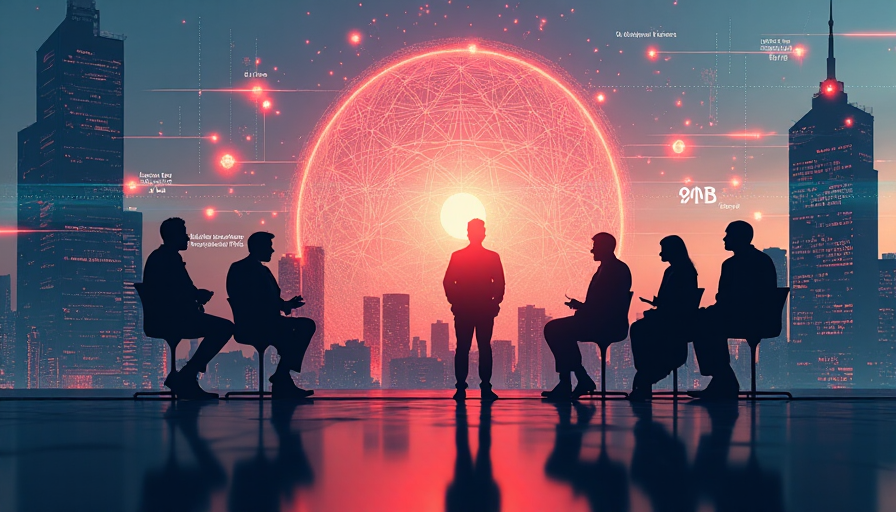
US Pushes for AI Deregulation to Compete Globally
In a bold shift, the US government under President Donald Trump is advocating for fewer restrictions on artificial intelligence development, arguing that a hands-off approach is essential to maintain American leadership in the global tech arena. Major technology companies have welcomed this policy change, contending that deregulation is key to outpacing competitors like China.
A New Direction for AI Policy
Since taking office in January, the Trump administration has prioritized rapid advancements in AI. The administration’s strategy contrasts sharply with earlier cautious approaches that sought to contain the risks of generative AI, including concerns about hallucinations, deepfakes, and potential job displacement. At a recent AI summit in Paris, Vice President JD Vance was quoted saying, "The AI future is not going to be won by hand-wringing about safety," a remark that signaled a commitment to innovation over stringent regulation.
International and Domestic Reactions
This deregulatory stance, while aimed at reinforcing US technological supremacy, has unsettled international partners, particularly in Europe. The European Union had set the EU AI Act as a benchmark for AI safety but now finds itself reconsidering its approach in light of emerging trends. David Danks, a professor at the University of California San Diego, observed, "We’re going to see a significant pullback in terms of regulatory efforts worldwide," highlighting an evolving global perspective on AI oversight.
Industry Voices and the Battle Against China
Tech giants are embracing the new policy direction. Several companies are vocal about the need to break free from what they consider excessive regulatory constraints imposed during previous administrations. Among the most notable submissions is one from OpenAI, which pointed to China’s economical development of generative AI models such as DeepSeek as a competitive threat. OpenAI stressed that American AI innovation should be shielded both from autocratic interference and excessive bureaucracy.
Other industry leaders have echoed similar sentiments. Meta, for example, highlighted its open-source Llama AI model, asserting that such initiatives are vital to securing American dominance in the AI field. Google has also emphasized the importance of infrastructure investments to meet AI's growing energy needs, all while opposing fragmented state-level regulations that could hamper the US's leadership.
Future Outlook and Challenges
Although the push for deregulation is designed to spur innovation, experts caution that the inherent risks of generative AI cannot be ignored. Figures in the tech community remind stakeholders that the ramifications of poorly monitored technology could result in significant public backlash. David Danks warned, "Bad press is universal, and if your technology leads to really bad outcomes, you’re going to get raked over the public relations coals." This pragmatic view suggests that even in a deregulated environment, companies must implement their own safeguards to mitigate potential dangers.
Looking ahead, the Trump administration plans to use industry feedback to refine its AI action plan, which is set to be unveiled later this summer. As the debate continues, the future of AI in the US and abroad will likely hinge on the delicate balance between rapid technological advancement and the necessary oversight to prevent harmful outcomes.
This article explores the dynamics of AI policy deregulation in the US amidst global competition, the shifting regulatory landscape in Europe, and the strategic responses of major tech companies as they navigate the risks and benefits of rapid innovation.
Note: This publication was rewritten using AI. The content was based on the original source linked above.